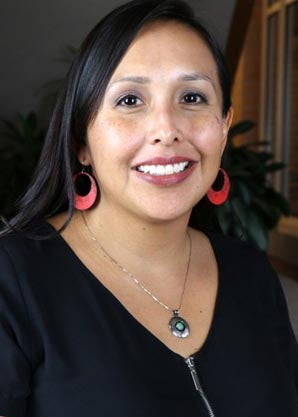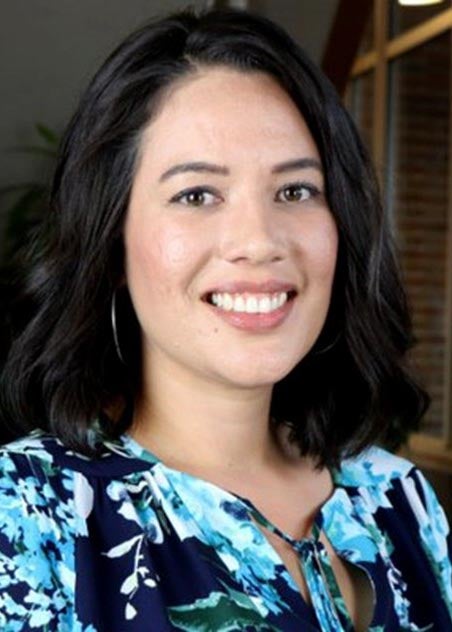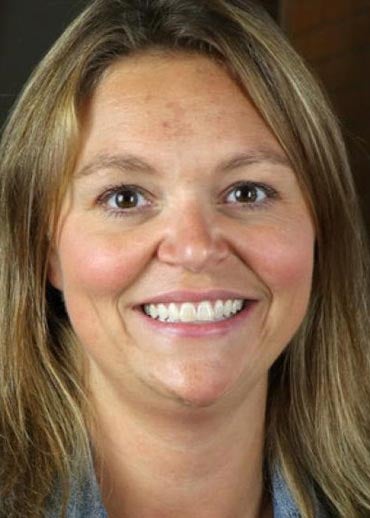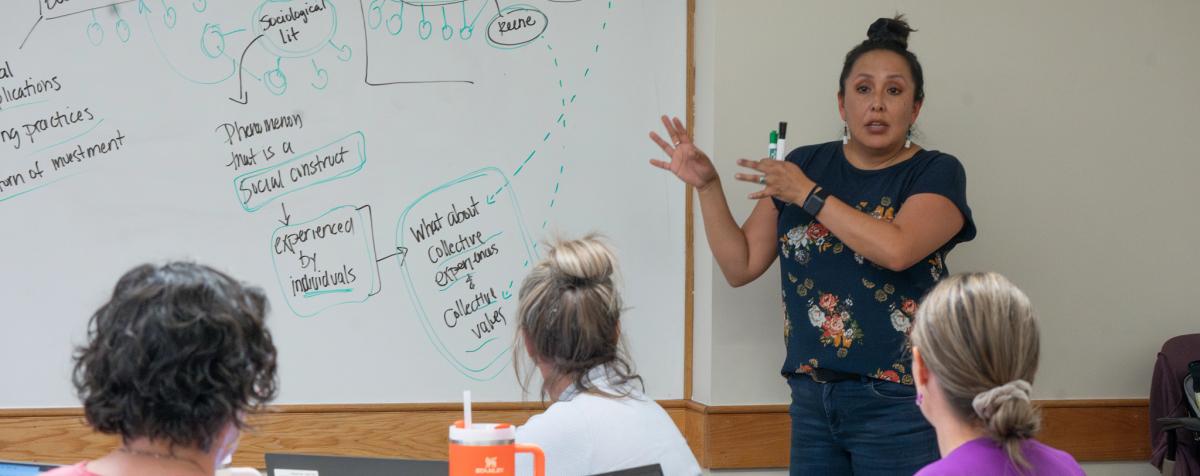As a student pursuing a Doctor of Education in DU’s Higher Education program, you will benefit from our affiliation with the Carnegie Project on the Education Doctorate (CPED) that guides our program's outcomes. You will engage in exceptional coursework and learning opportunities that allow you to dive deeply into issues, theory and practical matters involving higher education.
This EdD program is designed for working professionals like you who aim to advance in administrative positions in student or academic affairs. You are an ideal candidate if you are ready to apply theory to professional practice, driving institutions and organizations towards transformation in equity and greater success. What sets DU’s program apart is our unwavering commitment to equipping you with the skills and knowledge to effect positive change toward greater equity and justice in postsecondary institutions and related organizations.
Start Dates: Fall
Curriculum: 65 Credit Hours
Program Length: 36 Months
100% Percent of our EdD graduates who are employed within six months of graduation
93% Percent of HED graduates secure employment in administrative, student affairs, policy, organization, and academic roles
100% Percentage of admitted students who receive some form of tuition assistance from the Morgridge College of Education
Doctor of Education in Higher Education
How our curriculum prepares you for your career in Higher Education
Gain skills to be a changemaker in education
Apply theory to professional practice in ways that advance institutions and organizations toward transformation in equity and greater success.
Obtain opportunities for co-constructed learning
You’ll share the classroom with PhD and MA students in Higher Education, providing you with an intergenerational co-constructed learning environment.

Choose from a range of elective options
Coursework in leadership and supervision, financing higher education, legal issues in higher education, and introduction to public policy allow you to pursue topics and career interests in higher education.
Complete research that applies to your career
Research coursework will support your program evaluation and policy analysis methods in your day-to-day work.

Apply your knowledge in your dissertation in practice
The Dissertation in Practice (DiP) involves you directly in applying your research skills and knowledge of scholarship in the field of higher education to tackle complex problems in higher education administration, policy, and practice.
Request for Information
Application Information
Research Requirement
- RMS 4910 - Introductory Statistics
- RMS 4940 - Structural Foundations of Research in Social Sciences
- RMS 4941 - Introduction to Qualitative Research
Higher Education Research Course
- HED 4242 - Educational Policy Analysis
- or HED 4202 - Program Evaluation in Higher Education
Dissertation in Practice Design
- HED 4216 - HED Research Processes
Doctoral Research Credits
- HED 5993 - Doctoral Research - EdD
HED Required Courses
- HED 4210 - Critical Higher Education
- HED 4211 - Current Issues in Higher Education
- HED 4220 - Organizational Theory in Higher Education
- HED 4226 - The Community College
- HED 4294 - Seminar in Higher Education
Higher Education Electives - 12 Credit Hours
Careers in Higher Education with an EdD

Student affairs administration
(e.g., dean of students, associate deans, vice president/chancellor of student affairs)

Academic affairs administration
(e.g., deans, vice provost, chief operating officer)

Postsecondary education policy organizations
(e.g., Colorado Department of Higher Education)





Get Started on Your EdD in Higher Education
Build your career in Higher Education with an EdD from the University of Denver’s Morgridge College of Education




